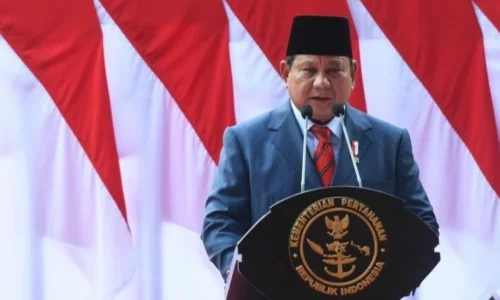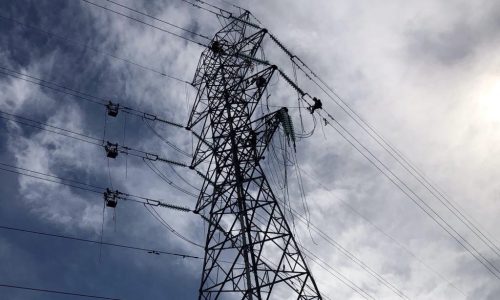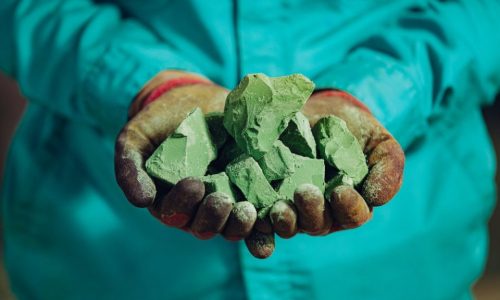Jindal Stainless Ltd (JSL), India’s largest stainless-steel producer, has decided to discontinue its operations in Indonesia due to unfavorable market conditions.
These conditions were primarily caused by Chinese competition, rendering the subsidiary’s operations unsustainable, along with high taxes imposed on exports to crucial markets like the USA and Europe.
JSL’s wholly-owned subsidiary, PT Jindal Stainless Indonesia (PTJSI), was operating at a break-even point until FY23. However, in Q2FY24 (July-September), it reported losses amounting to INR 28 crore (280 million Rupees), prompting a review.
Abhyuday Jindal, Managing Director of JSL, has revealed that the Board has given preliminary approval to explore options such as selling, liquidating, or divesting equity stakes in the subsidiary. The company may also consider repatriating some of the equipment from its cold rolling mill in Indonesia.
The decision to exit the Indonesian market was made due to unfavorable conditions there, including a lack of a level playing field.
Chinese competitors were offering lower-priced products, making it difficult and unsustainable to compete.
Additionally, Indonesia was meant to serve as an export hub for the EU and the USA, but the dominance of Chinese players led these countries to impose trade barriers, including high taxes ranging from 25-35% on shipments from Indonesia.
Jindal explained that exporting from India to the EU or the USA would yield better margins and pricing, making it a more viable option.
The closure of the Indonesian subsidiary will not impact JSL’s joint venture (JV) related to nickel sourcing, a crucial raw material for stainless steel production.
JSL is set to invest INR 1,200 to INR 1,300 crore (13 trillion Rupees) over two years, holding a 49% stake in the JV, with the remainder owned by New Yaking. The smelter will be situated in an industrial park in Halmahera Islands.
Jindal noted that nearly US$ 60 million (INR 500 crore) worth of remittances had been made by September, and supplies are expected to commence around Q1FY25. The payback period is estimated at 3 to 4 years.









